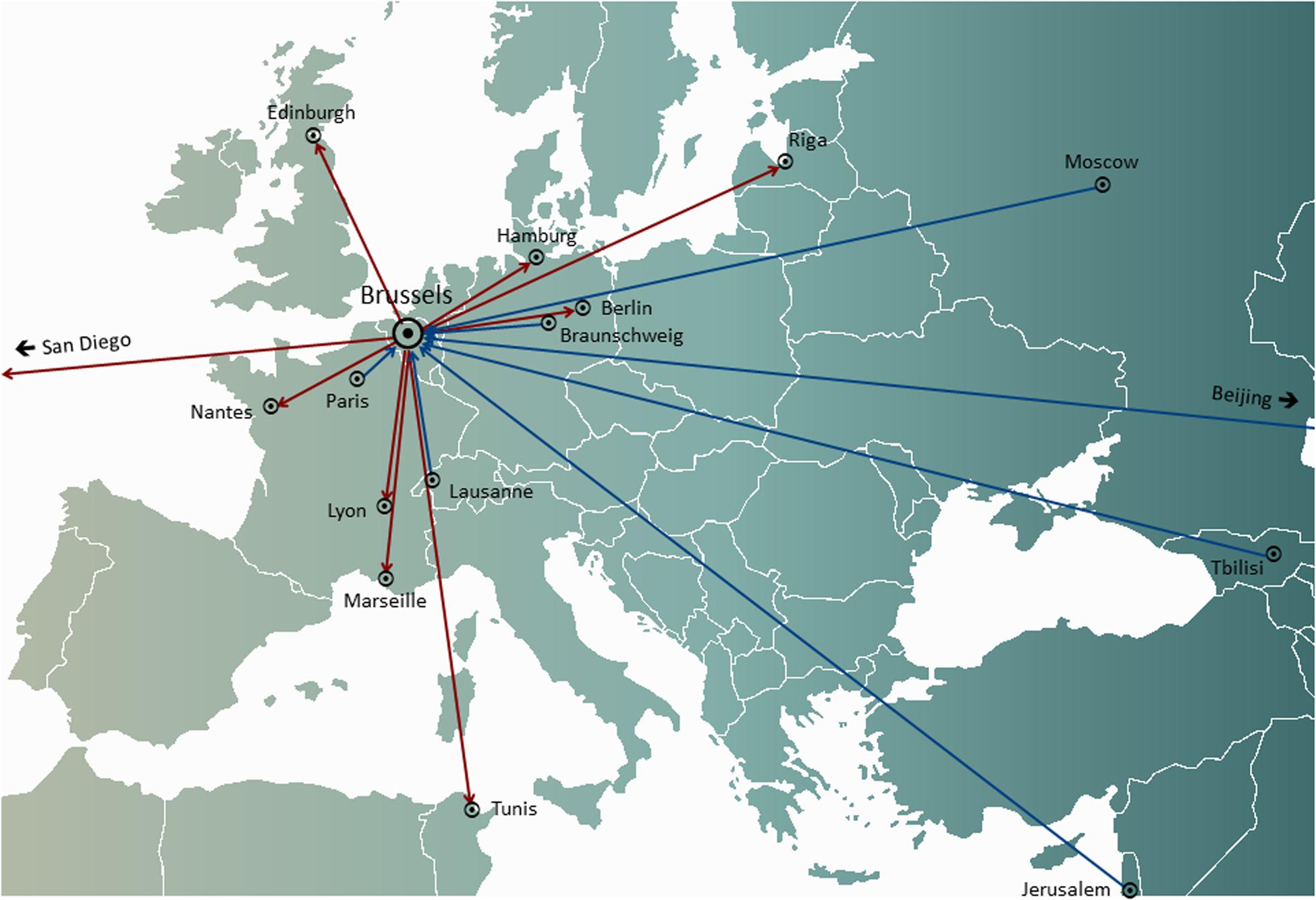This piece is sponsored by Kisaco Research for the Phage Futures Europe 2022 conference, happening July 6-7, 2022. Register here!
Madhav: Can you tell me about your background?
Jean-Paul: I am a Biotechnology Engineer, and did my Ph.D. in Medical Sciences. My expertise involves skin transplants, tissue engineering, cell therapy, and microbiology. I did my military service in 1993 at the Queen Astrid Military Hospital (QAMH) in Brussels, Belgium and have been doing research here for the last 28 years.
In 2005, I became the head of the Laboratory of Molecular and Cellular Technology at QAMH. The department complex harbours a cleanroom complex where the bacteriophages (phages) are produced for therapy. My first involvement in an application of phage therapy was in 2008.
Can you tell us about the Belgian ‘Magistral Phage’ initiative for tailor-made phage therapy?
With the increasing awareness of phage therapy for resistant bacterial infections, Belgium has regulated the necessary requirements for phage therapy, where an independent laboratory can control the quality and safety of the phages, thereby making it easier for the doctors to prescribe them.
As a result of the Magistral Phage framework, Good Manufacturing Practices (GMP) have not been required for phage therapy in Belgium since 2018. Before that, we used Article 37 of the Declaration of Helsinki for sporadic phage applications.
Can you tell us about the phage therapy applications ongoing at QAMH?
We have been involved in several studies, and we do phage therapy routinely, as part of standard of care. Generally, we perform coordinated treatments (often at hospitals other than QAMH), although not all treatment is done in hospitals.
So far, about 110 patients have been treated, and we have shipped phages to 35 hospitals in 12 countries around the world. We have been involved in the PHAGOBURN trial, which is a randomised, controlled, double-blind phase 1/2 clinical trial that was completed in 2017 and has been published.
A clinical trial for phage therapy involving difficult-to-treat musculoskeletal infection (MSI), chronic rhinosinusitis (CRS) or sepsis called PHAGEFORCE is currently ongoing, and the study protocol has been published.
What are your thoughts on taking phage therapy global? What are the steps required?
Phages are just an additional tool; most of the time, they needs to be used along with antibiotics for several reasons. The advantage of personalised phage therapy is that they are not defined, or so-calledbroad-spectrum products, a strategy that will work for very few species like Staphylococcus aureus; for others, it will not. In that case you have to go for a personalised approach in combination with antibiotics.
The main problem with a personalised approach is the logistics, because it is hard to get the bacterium and test your phage. Sometimes you need to train your phage or try it with antibiotics to make it work better. Additionally, it is time-consuming, and you have to send bacteria and phages worldwide.
Tackling all these issues is challenging, so we are now researching possibilities for synthetic bacteriophages produced in every hospital in the future, where machines will be used to make phages, and predictions based on artificial intelligence will be used to synthesise personalised phages. In the coming 10 to 15 years, we will have some intermediate phases, where personalised therapy will be fine-tuned as well as we can.
What are your thoughts on the Phage Futures Europe conference?
I have participated in Phage Futures Europe, Brussels, Belgium, 23-24 November 2021, and I enjoyed it.
My view on Phage Futures is that it mainly focuses on industry, and the registration fees for academics are over the budget for most of them. I have put forward this issue in previous meetings as most new ideas will come from academicians. It will help to collaborate and share their views as academicians’ involvement will help bridge the gap between the unknowns in phage therapy. I would also suggest moving to a bigger venue if that’s the issue.
I am excited to join and learn more about the updates about the bacteriophage research at the Phage Futures 2022 in Amsterdam, The Netherlands.
Further reading








